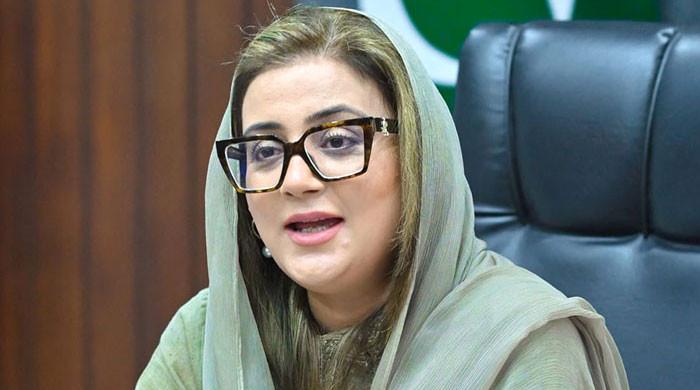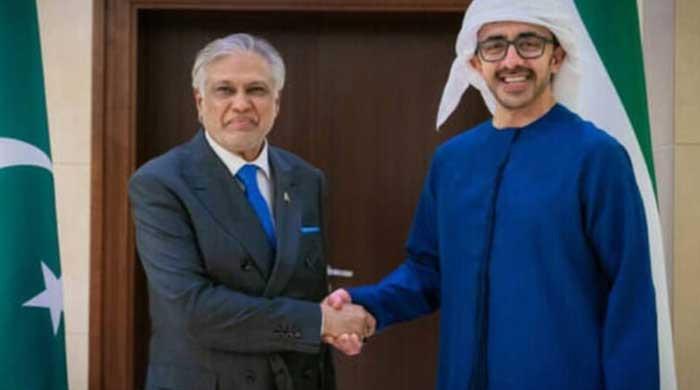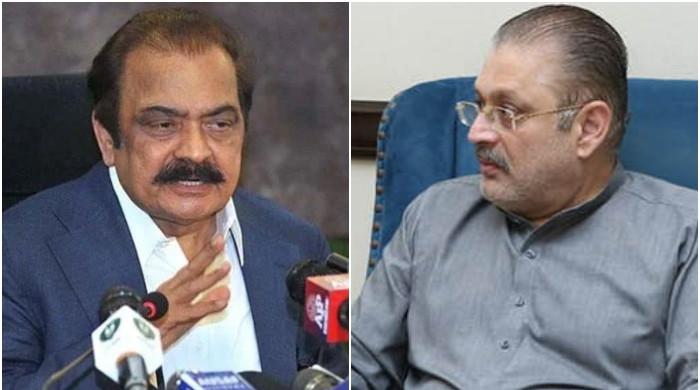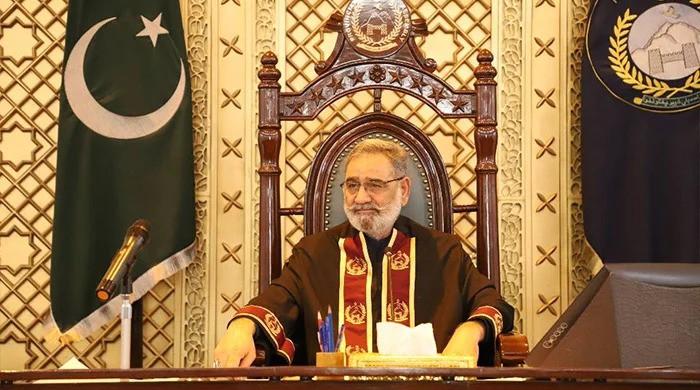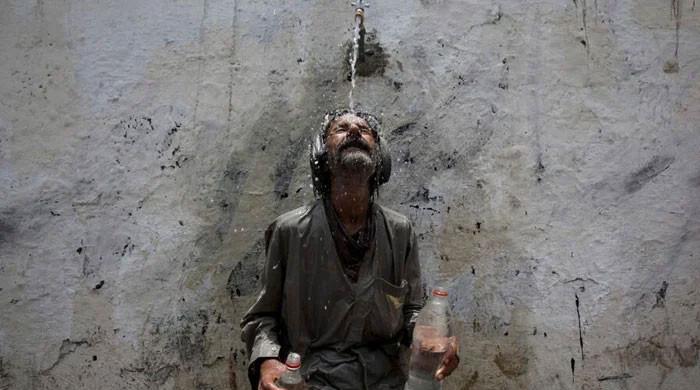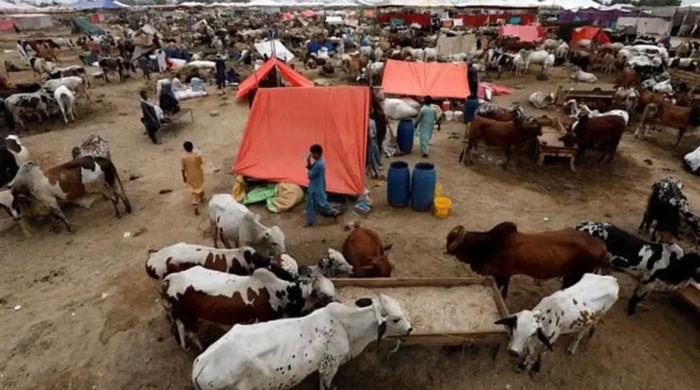'Shocking' to know no agency capable of determining source of audio leaks: IHC
Court issues seven-page order on Bushra Bibi and ex-CJP's son's pleas against leaks of their private conversations
December 23, 2023
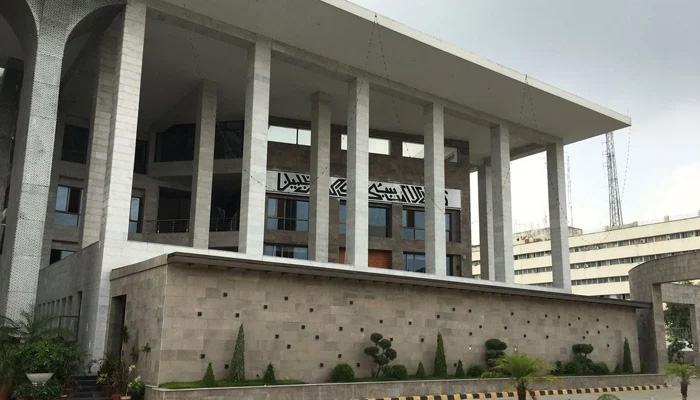
- Court seeks FIA report on how can calls be recorded in Pakistan.
- ISI has no technological “capacity to ascertain source" of audio: HC.
- IHC orders mobile service providers to explain how LI works.
ISLAMABAD: The Islamabad High Court (IHC) Saturday stated that it is “shocking” to know that no law enforcement or intelligence agency had the capability to determine the source of audio leaks.
IHC’s Justice Babar Sattar made the observation in a seven-page order issued on petitions of Pakistan Tehreek-e-Insaf (PTI) supremo Imran Khan’s wife, Bushra Bibi, and ex-chief justice of Pakistan Saqib Nisar’s son, Najam Us Saqib, against their private conversations being leaked.
Najam’s audio was leaked in April this year and Buhsra’s conversation went viral on social media in November, prompting both of them to approach the high court via separate petitions. The IHC had then clubbed the pleas due to the similarities of the issues.
The court stated in its order that Attorney General for Pakistan Mansoor Usman Awan, during his arguments, informed the IHC that no law enforcement or intelligence agency has been authorised to intercept or record telephone calls.
“He states [...] that the right to privacy of all citizens must be upheld and their private phone conversations ought not be recorded, and such conversations are protected by attorney-client privilege,” the order said, quoting the AGP.
The order further stated that AGP Awan informed the court that the Federal Investigation Agency (FIA) has written to various social media platforms to seek information with regard to the release of the voice calls in order to determine the source or sources that first released the illegally recorded calls.
Since the AGP sought time for the reports, the court gave the FIA three weeks to submit a report on how can calls be recorded in Pakistan and also asked the agency’s chief to appear before the IHC in person on the next hearing.
The order recalled that Pakistan’s spy agency, Inter-Services Intelligence (ISI), also has no technological “capacity to ascertain the source of release of information on social media platforms”.
Thus, the IHC ordered the Intelligence Bureau to conduct an inquiry and analysis to identify the social media accounts used to release and circulate the illegally recorded voice calls and the social media accounts that shared such voice calls in view of time stamps of sharing — and asked the bureau’s chief to appear before it in person.
The order stated that the Pakistan Telecommunication Authority (PTA) informed the court that nobody has been authorised to undertake Lawful Intercepts (“LI”).
It said that "no satisfactory answer" was provided when asked as to what legal and regulatory framework exists to require compliance with the LI "given that the licenses of all telecom providers include provisions requiring facilitation of LI".
The court sought reports from all the mobile service providers and six largest fixed-line service providers, explaining how LI requirements work in practice.
It also ordered the PTA to provide a list of all mobile operators in the country, the top six fixed-line operators to the office as well as affidavits signed by the authority's head and other members certifying such report to be true.
Moreover, the Pakistan Broadcasters Association (PBA) and All Pakistan Newspaper Society (APNS) were directed to provide a brief on behalf of the media industry stating "whether illegally recorded private conversation can be broadcast and/or published under the Constitution and the laws of Pakistan, and if not, the framework available to enforce such prohibition".
The court also sought assistance from senior journalists on the role of the electronic media and the print media in publishing private conversations and videos that may have been acquired through illegal means and how the right of citizens to freedom of speech, and freedom of information and free press is to be balanced against the right of an individual to dignity.
"The Federal Government’s position thus far has been that no authority or agency in Pakistan is authorised to undertake electronic surveillance of citizens and record their phone conversations," the order read.
It observed that the leaks of audios involving two successive prime ministers weaken the federal government's position in its ability to determine how such recordings take place, which the court stated was inimical to the state's ability defined by the Constitution to protect the citizens' fundamental rights.
The hearing of the case has been adjourned till February 19, 2024.




